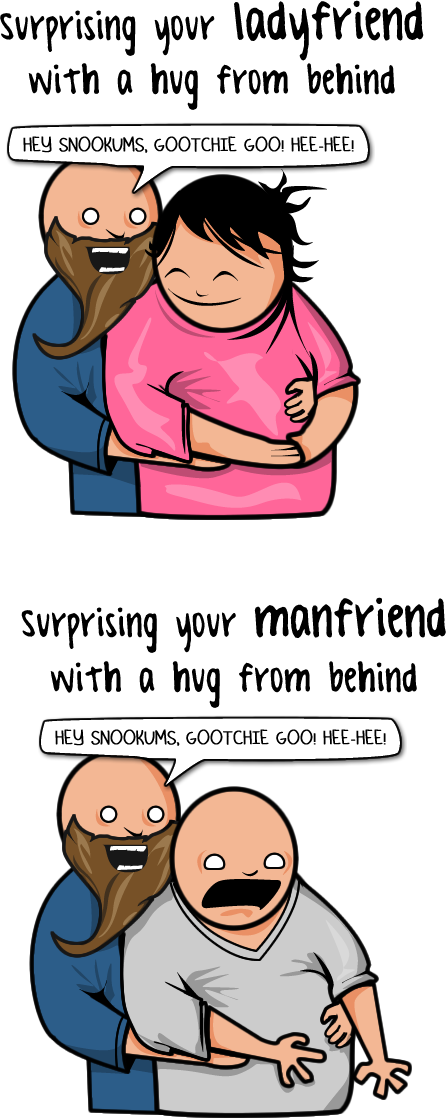In any given news cycle there is likely to be a story about someone who said something or told some joke that is described as “offending” some persons. Earlier this summer there was the “rape joke” told by Daniel Tosh. This week Pam Palmater wrote about a racist joke in an Royal Canadian Legion newsletter.
Usually after such occasions the person or organization issues an apology “for offending” the group or individual in question (or in the case Palmater describes, fails to apologize at all since “only one” person was offended).
In fact, this response is so common that Wikipedia even has an entry on it titled “The Non-Apology.” The Wikipedia article focus mainly on the apology as lacking the requisite contrition or admission that something was wrong. I think that is right, but I also want to focus on something else: the “I’m sorry I offended you” line misses one important target group for the apology.
You see, I am not so worried about those who were “offended.” Sure, it sucks to have to live in a culture that is basically a mine field waiting to explode with “humour” that reinforces one’s lesser status. But at least those who were offended recognize what was wrong with the statement. I am also worried (perhaps more worried) about those who were not offended. As Palmater writes:
Racism against Indigenous peoples in Canada is so ingrained that some in society can’t even identify it when they see it. (Source)
Those in the group who were not offended are the ones who really concern me because they are so blind to racism, sexism, ableism, heterosexism, etc. that they were not even able to be offended by the alleged humour. So in addition to apologizing to those groups who were “offended” by the racist/sexist/etc. “joke” I think there should also be an apology to those who were not offended.
Perhaps something along the lines of:
I am sorry my hackneyed attempt at humour reinforced ideas of racial (gender, class, etc.) superiority among those who were not offended by the alleged “joke.” I am sorry that what I said perpetuated and reinforced your privileged blindness to the racism (sexism, classism, heterosexism, etc.) so prevalent in this society…
Because in addition to hurting those who are offended and reinforcing their lesser status in a given culture, such “jokes” also have the harmful effect of reinforcing arrogance and ignorance among those who failed to see what was wrong with the “offensive” “joke” in the first place.




